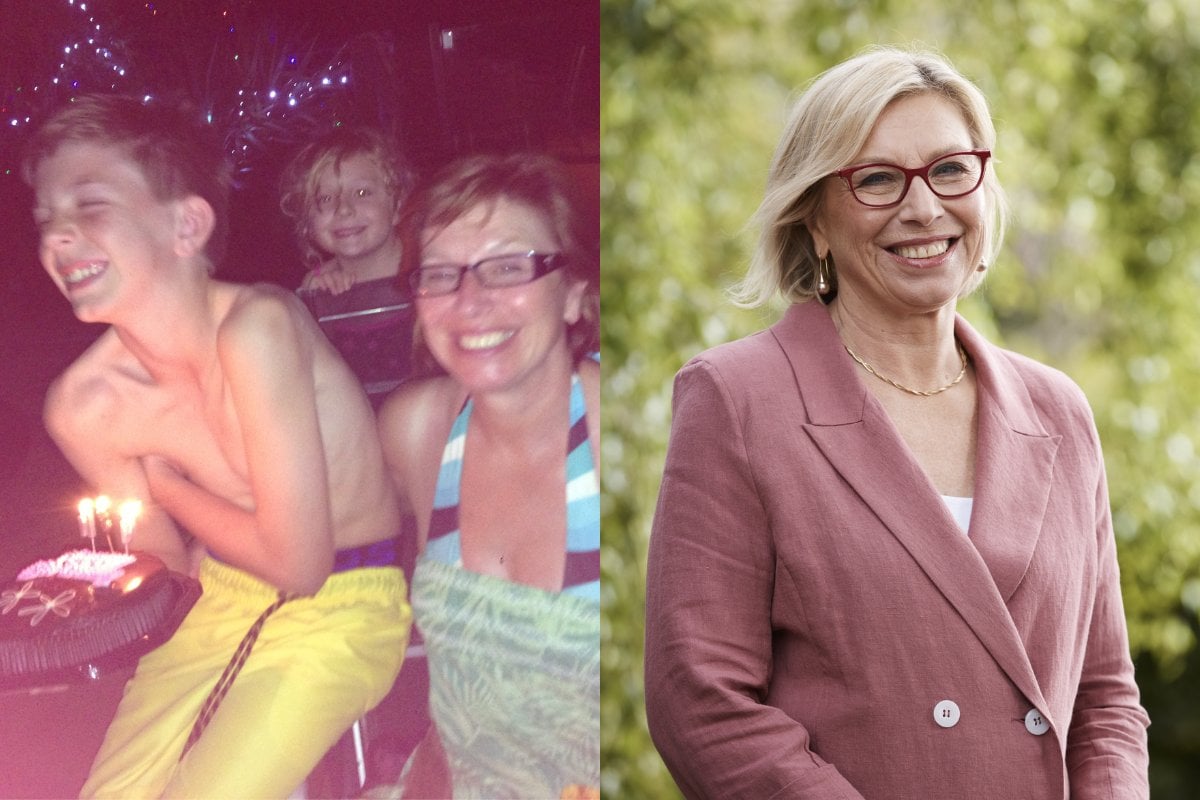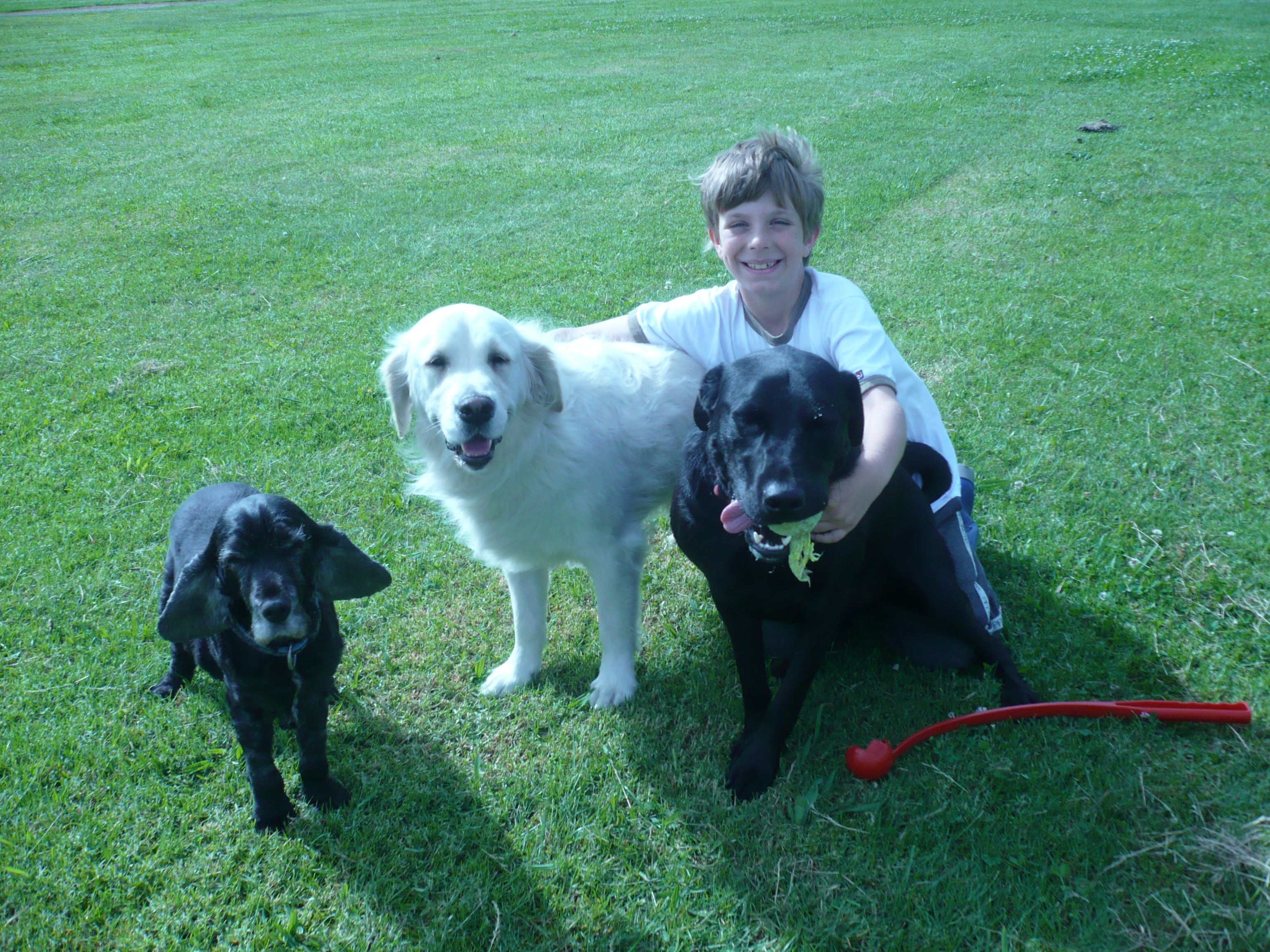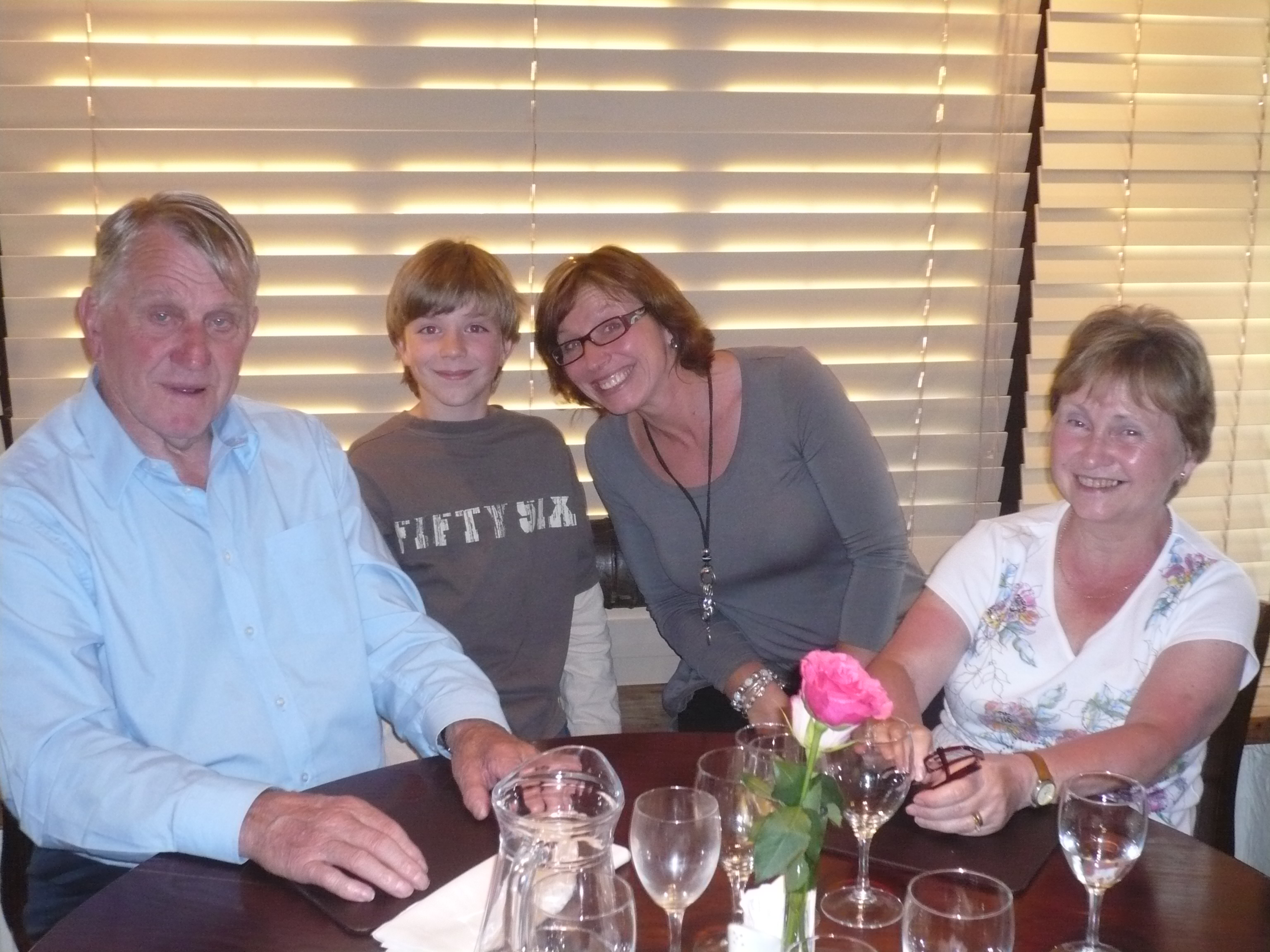
This is an edited extract from Rosie Batty’s new memoir Hope available from 3 April.
Self-doubt and feelings of insecurity have always shadowed me. I've never been someone who oozes self-confidence and I’ve always tended to second-guess or question myself, which any therapist will tell you probably stems from losing my mother when I was six years old. The earth shifted under my feet when my mum died, and never fully settled.
The emotional baggage you carry from childhood doesn't just magically disappear because you become an adult, and in my case, those feelings are deeply layered into my DNA. I'll always be that country girl growing up in a small village in England, who pushed herself a long way out of her comfort zone to put on a backpack and go to Australia.
So, rather than being the life-affirming moment that people perhaps assume becoming Australian of the Year is, standing on the podium with the bright spotlight of the nation upon me only lured the moths of imposter syndrome and self-doubt out of the darkness.
In the years since Luke's death, I have addressed the nation's media, delivered keynote speeches to the most powerful leaders of corporate Australia, advised politician and prime ministers, and helped the most vulnerable in our community, but underneath that battle armour is a woman with human frailties and deep insecurities who is often overcome by crippling anxiety.
 Image: Supplied.
Image: Supplied.Even today, despite all that I’ve achieved in Luke's honour, I sometimes feel like I don't fit in to a particular camp, which means I can very easily succumb to feelings of doubt and isolation. I struggle with my place in the world. I'm not an academic, but people seek me out for my expertise and knowledge. I'm not a family violence worker, but I'm the first person some people call when they need help and support. I’m not a celebrity, but everywhere I go, people know me.



Top Comments